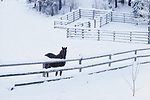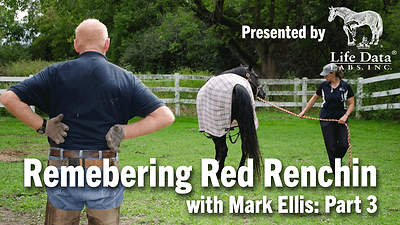Advertise Follow Us
Diseases
Feeding Your Clients Good Nutritional Advice
Helping novice owners establish a solid foundation will help you maintain a healthy foot
Read More
Make an Informed Decision Before Packing a Foot
Understand when the materials are appropriate and when they’re not
Read More
Give the Frog Proper Attention
Illinois farrier spends a lot of time examining and trimming the frog, and for good reason
Read More
Preparation Is Key To Rebuilding Walls
New York farrier provides his insights into making the best of a tough task
Read More








